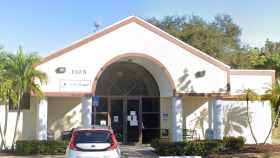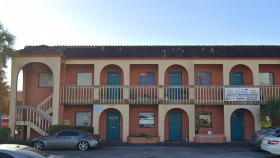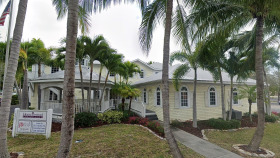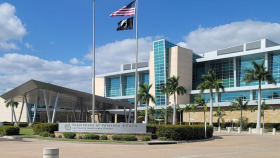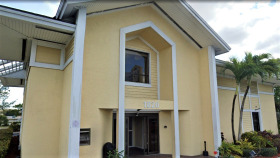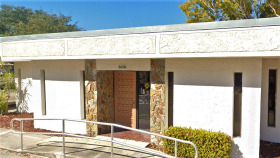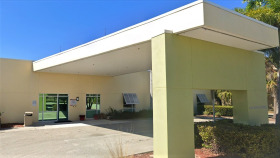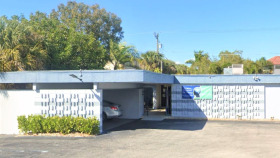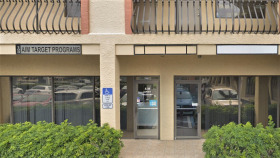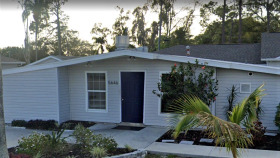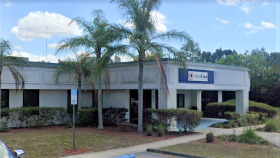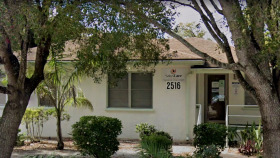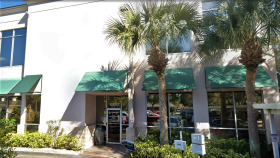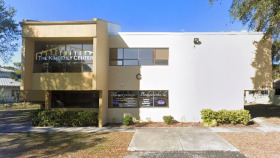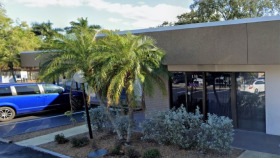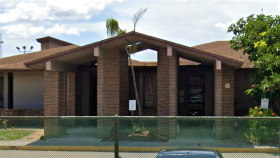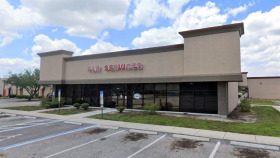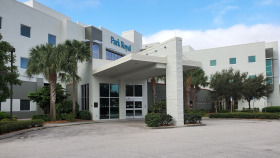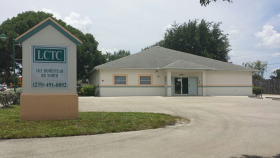Expert Insights
Southwest Florida, including the Cape Coral area, has joined many other areas of the country in providing free overdose prevention kits. Public health agencies in the area are now handing out naloxone nasal spray kits to anyone at risk of an opioid overdose or anyone who knows someone at risk of opioid overdose. Each kit consists of two naloxone nasal sprays, providing a total of two doses of the anti-overdose medication. Officials from the health department say no probing questions will be asked before the overdose kits are provided, and you don’t need to make an appointment to receive a kit. The only requirement is that you must be 18 years or older. You’ll also receive educational materials, referrals to local rehabs, and connections for help with interventions. With the opioid crisis in full swing, these kits may be the only thing standing between you and the loss of a loved one.
~ Rita Milios
How Expensive is Drug Rehab in Cape Coral?
The cost of alcohol or drug rehab in Cape Coral depends on many factors and varies from facility to facility. Some of the variables that can affect your program costs include:
Treatment setting (residential vs. outpatient vs. telehealth)
Facility amenities (luxury features vs. standard amenities)
Treatment duration (30 days vs. 90 days or longer)
Insurance plans the facility accepts (private vs. Medicare or Medicaid)
Choosing a rehab facility in-network with health insurance provider
Facility funding (government or non-profit vs. privately owned)
Generally, you can expect inpatient programs to cost significantly more than outpatient programs. Luxury facilities are also often much more expensive than facilities that offer more basic services. Health insurance can reduce the cost, but coverage depends on the types of providers and plans a particular rehab facility accepts.
If you’re experiencing financial difficulties and are worried about how you’ll pay for addiction treatment, you may qualify for financial assistance that can reduce or eliminate your costs. No matter your financial situation, there are local treatment centers that can help you get the recovery support you need.
How Does Cape Coral Compare in Alcohol and Drug Use?
The vibrant city of Cape Coral lies between Tampa and Miami in Southwest Florida and is home to more than 205,000 residents.1 However, it is also home to alarming rates of addiction and substance use disorder. In 2020, there were 7,231 drug overdose deaths in the Sunshine State.2 If you or someone you love is searching for help, there are 25 accredited alcohol and drug rehab centers in Cape Coral and the surrounding area.3
Cape Coral is located in Lee County, Florida, which has long dealt with substance abuse issues within its many communities. Drug and alcohol use statistics of note in Cape Coral and the surrounding Lee County areas include:1,2,3

In 2021, nearly 320 Lee County residents died from an alcohol- or drug-related overdose
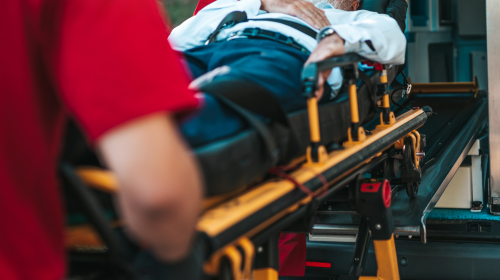
That same year, emergency medical services responded to more than 5,000 overdose-related calls.

Throughout the year of 2021, EMS personnel administered nearly 1,400 doses of naloxone.

In 2021, Lee County saw nearly 850 non-fatal, overdose-related hospitalizations.
Drug and Alcohol Laws in Cape Coral, Florida
Florida Good Samaritan Law: In Florida, any person who in good faith seeks emergency medical assistance for a suspected overdose is protected from arrest or prosecution for certain drug-related crimes. Even individuals who are on probation or parole have immunity from arrest or prosecution for such crimes under this statewide law.
Florida Naloxone Standing Order: Throughout the State of Florida, emergency responders can get naloxone from a pharmacy for administration to anyone experiencing signs of an overdose. This law aims to increase access to this life-saving medication and reduce the number of opioid-related deaths in Florida.11
Resources
- Cape Coral, Florida Population 2021 (Demographics, Maps, Graphs). (n.d.). Worldpopulationreview.com.
- Centers for Disease Control and Prevention. (2022, March 1). Drug Overdose Mortality by State. Center for Disease Control and Prevention.
- FindTreatment.gov. (n.d.). FindTreatment.gov.
- Florida Department of Health. (n.d.). Substance Use Dashboard Overview.
- Florida Department of Health. (n.d.). Substance Use Dashboard Risk Behaviors.
- Florida Department of Health. (n.d.). Substance Use Dashboard Report.
- Medicare.gov. (n.d.). Mental Health and Substance Use Disorder Services.
- Centers for Medicare & Medicaid Services. (2014, May). Coverage and Delivery of Adult Substance Abuse Services in Medicaid Managed Care.
- Healthcare.gov. (n.d.). Mental Health & Substance Abuse Coverage.
- Frank, R. G., Beronio, K., & Glied, S. A. (2014). Behavioral Health Parity and the Affordable Care Act. Journal of Social Work in Disability & Rehabilitation, 13(1-2), 31-43.
- Center for Substance Abuse Treatment. (2006). Substance Abuse: Clinical Issues in Intensive Outpatient Treatment. Treatment Improvement Protocol (TIP) Series, No. 47. Rockville (MD): Substance Abuse and Mental Health Services Administration (US).
- McCarty, D., Braude, L., Lyman, D. R., Dougherty, R. H., Daniels, A. S., Ghose, S. S., & Delphin-Rittmon, M. E. (2014). Substance abuse intensive outpatient programs: assessing the evidence. Psychiatric services (Washington, D.C.), 65(6), 718-726.
- The Florida Legislature. (2021). The 2021 Florida Statutes. Chapter 893, Drug Abuse Prevention and Control.
- Florida Department of Health. (2021). Statewide Standing Order for Naloxone.


